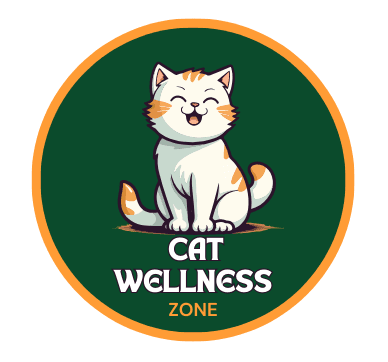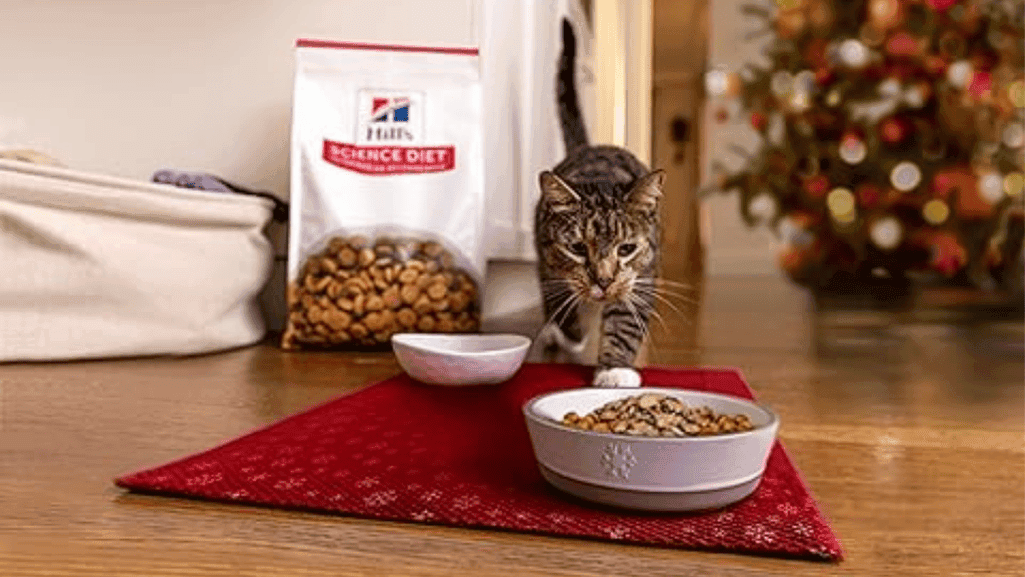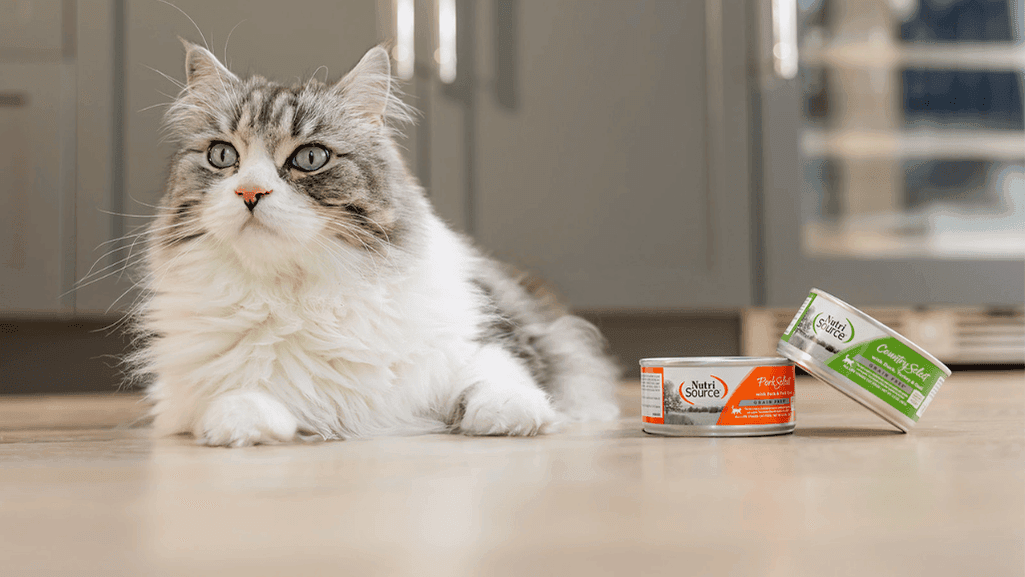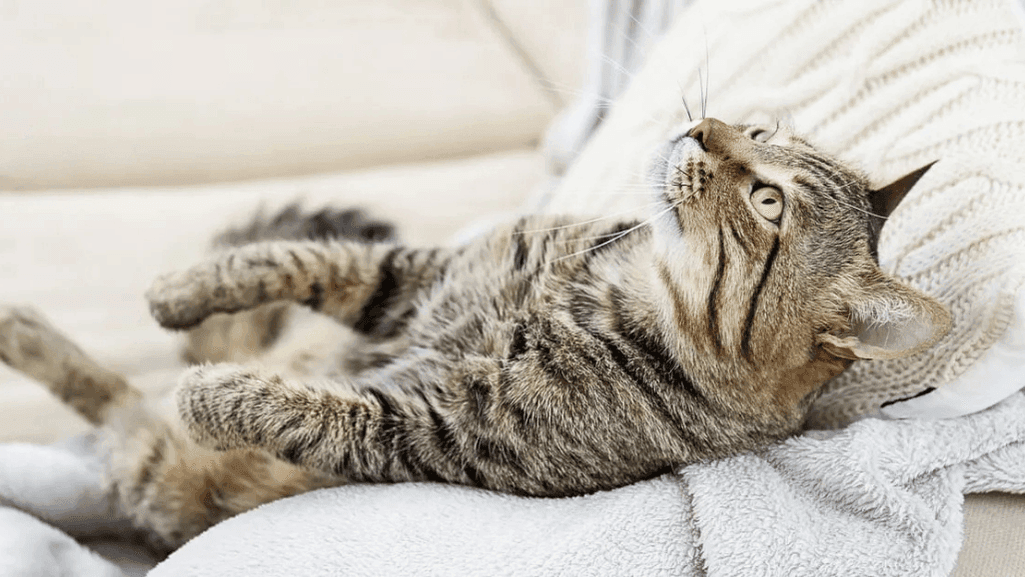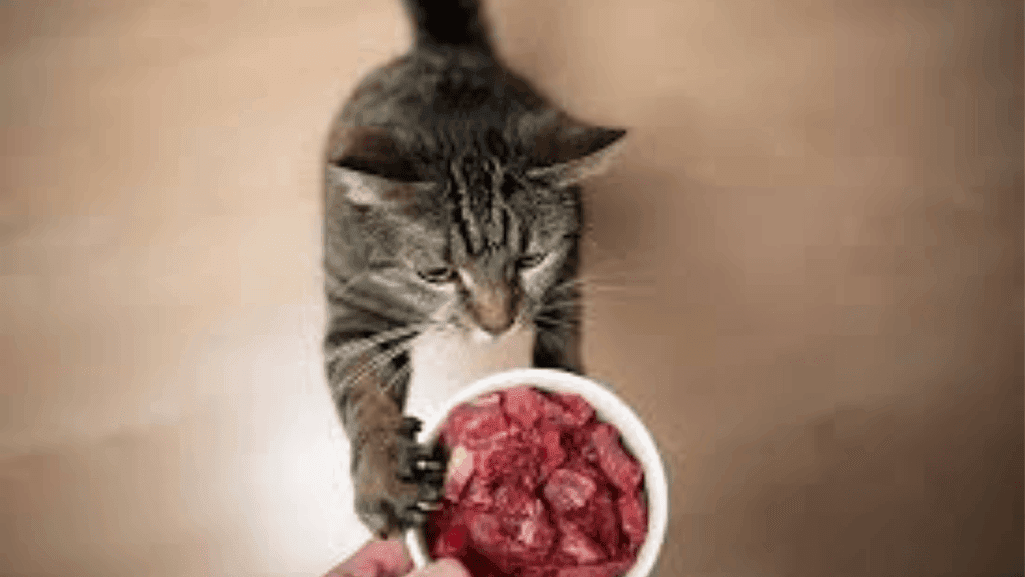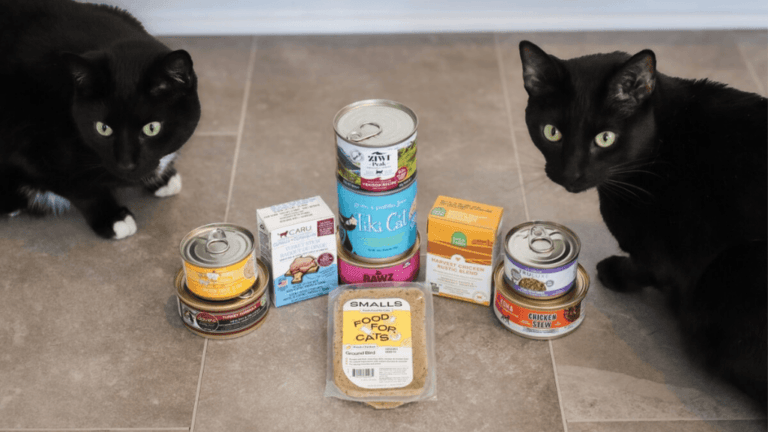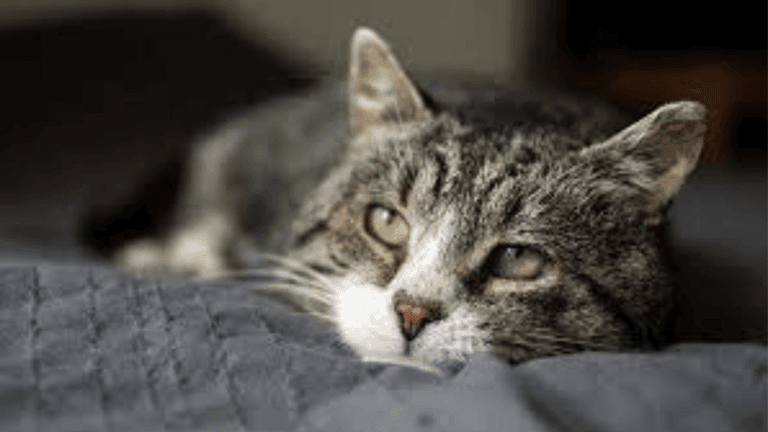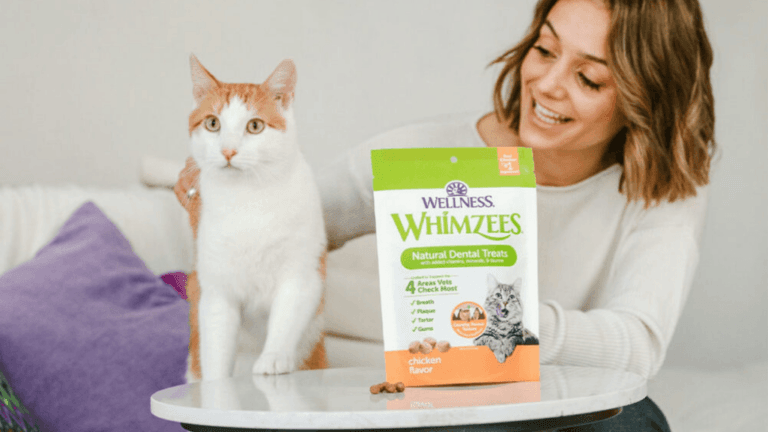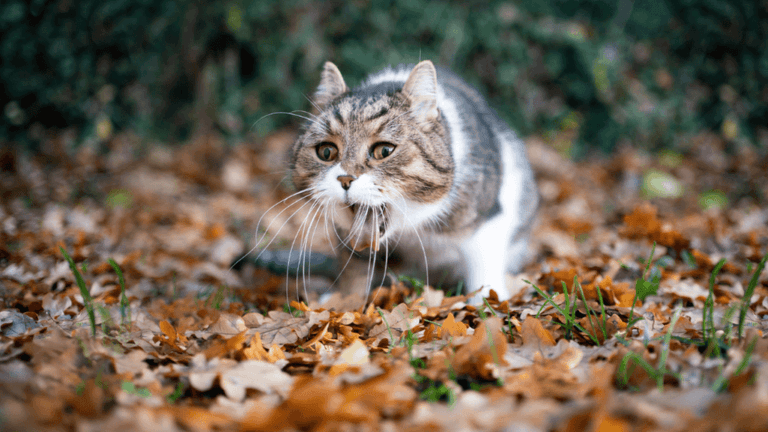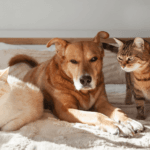Dealing with a cat’s sensitive stomach can be tough. But picking the right cat food for digestive issues is key. Cats with sensitive stomachs often vomit, have diarrhea, or don’t want to eat. This guide helps find the best food for these cats, focusing on easy-to-digest proteins, gut health boosters, and omega-3s for inflammation.
When looking for the right cat food, choose natural ingredients and avoid common allergens like wheat and artificial additives. Hypoallergenic and limited ingredient cat foods are great for cats with allergies or intolerances. Grain-free cat food is also a good choice, as some cats can’t digest grains well.
The Association of American Feed Control Officials (AAFCO) says cat foods need six key nutrients: water, carbs, protein, vitamins, minerals, and fat. When picking easy-to-digest cat food, check the ingredients. Make sure it has high-quality proteins like chicken, turkey, or fish. Prebiotics and probiotics help the gut, and omega-3s reduce inflammation.
Key Takeaways
- Cats with persistent upset stomach symptoms should see a vet, specially if symptoms last more than a few days.
- Look for cat foods with easily digestible protein sources, prebiotics, probiotics, and omega-3 fatty acids.
- Hypoallergenic, limited ingredient, and grain-free cat foods are good options for cats with sensitive stomachs.
- Cat foods should contain essential nutrients as defined by AAFCO, including water, carbohydrates, protein, vitamins, minerals, and fat.
- Pay attention to the ingredient list and choose cat foods with high-quality, natural ingredients.
Understanding Sensitive Digestion in Cats
Cats with sensitive digestion often have chronic vomiting and/or diarrhea. The causes of cat digestive issues can differ. Knowing the common triggers and symptoms is key to better cat gastrointestinal health.
Common Causes of Digestive Issues in Cats
Several factors can lead to feline digestive sensitivity. These include:
- Food allergies or intolerances
- Inflammatory bowel disease (IBD)
- Intestinal lymphoma
- Parasitic infections
- Liver disease
- Hyperthyroidism
- Gastrointestinal obstruction
- Low-quality ingredients in cat food for sensitive stomachs
An elimination diet can help find out what food causes the problem. Cats eat a single protein source for 8-10 weeks. If they get better, they might have food responsive enteritis (FRE).
Symptoms of Sensitive Digestion in Cats
Signs your cat might have digestive issues include:
- Vomiting
- Diarrhea or loose stools
- Constipation
- Changes in stool appearance
- Increased thirst
- Weight loss
- Alterations in coat appearance
- Recurrent skin problems
Acute digestive issues in cats can be caused by diet changes, infections, intestinal diseases, or stress, while chronic problems are more likely due to food allergies or a sensitive stomach.
To help cat digestive health, wet food is better. It has more moisture and is easier to digest. Brands like Wellness make wet cat food for sensitive stomachs. It has prebiotic fiber, pumpkin, and papaya for healthy digestion.
Key Ingredients to Look for in Cat Food for Sensitive Digestion
Choosing the right cat food is key for your cat’s sensitive stomach. High-quality protein cat food is vital for their digestive health. It gives them the building blocks for a healthy gut.
Easily Digestible Protein Sources
Look for cat food with easy-to-digest proteins like chicken or turkey. Make sure your cat doesn’t have allergies to these. Cat food should have at least 26% to 30% crude protein, as per AAFCO standards.
But, beef, chicken, and fish can cause allergies in cats. For cats with sensitivities, try hypoallergenic diets with novel or hydrolyzed proteins.
Prebiotics and Probiotics for Gut Health
Prebiotics and probiotics are great for your cat’s digestive health. Prebiotics feed the good bacteria in your cat’s gut. Probiotics keep the gut flora balanced. They help your cat’s digestive system thrive.
Look for cat food with beet pulp or chicory root as prebiotics. Also, check for Bifidobacterium or Lactobacillus species as probiotics.
Omega-3 Fatty Acids for Inflammation Reduction
Omega-3 fatty acids, found in fish oil, reduce inflammation in your cat’s digestive tract. Inflammation can cause digestive problems. So, cat food with these fatty acids helps protect your cat’s gut.
When picking cat food, look for salmon oil or flaxseed. They are rich in omega-3 fatty acids.
“Highly digestible cat foods for sensitive stomachs have moderate to low fat, moderate protein, moderate carbohydrates, and often contain soluble fiber, omega-3 fatty acids, increased levels of antioxidant vitamins, and no gluten, lactose, food coloring or preservatives.”
By focusing on these key ingredients, you can ensure your cat gets the nutrients they need. This helps keep their gut healthy and them happy.
Best Wet Cat Food for Sensitive Digestion
Finding the right wet cat food for sensitive digestion is key. Look for gentle cat food formulas with easy-to-digest ingredients and few allergens. Wet cat food is great for sensitive stomachs because it adds moisture. This helps with digestion and keeps your cat hydrated.
Royal Canin Digestive Care Thin Slices in Gravy
Royal Canin Digestive Care Thin Slices in Gravy is a top pick for sensitive stomachs. It has powdered cellulose to help with constipation. This food is also packed with digestible proteins and balanced nutrients for your cat’s digestive health.
Merrick Limited Ingredient Diet Grain-Free Real Chicken Recipe
Merrick Limited Ingredient Diet Grain-Free Real Chicken Recipe is perfect for cats with food sensitivities. It’s a grain-free cat food with just one protein source and a few ingredients. This reduces the chance of digestive problems from allergens or irritants. The real chicken provides high-quality, easy-to-digest protein for your cat’s health.
When switching your cat’s food, do it slowly. Start by mixing a little new food with their old food. Gradually increase the new food over 7-10 days. Watch your cat closely for any digestive issues. If problems persist, talk to your vet for advice.
“Choosing the right wet cat food for sensitive digestion can make a significant difference in your cat’s comfort and overall health. By opting for gentle formulas with easily digestible ingredients, you can help support your feline friend’s delicate digestive system.”
Best Dry Cat Food for Sensitive Digestion
Finding the right dry cat food for sensitive digestion is key. Digestive cat food should have animal-based proteins and complex carbs like whole wheat. These provide fiber, antioxidants, and fatty acids for better digestion.
Merrick Purrfect Bistro Complete Care Grain-Free Sensitive Stomach is a top pick. It’s made for cats with sensitive stomachs, with proteins and healthy extras. Purina ONE Natural Sensitive Skin & Stomach Formula is also great, and it’s more affordable.
Switching to a new low-allergen cat food should be slow. Cats with sensitive stomachs do better with small meals all day. The Doc & Phoebe’s™ indoor hunting cat feeder kit can also help with digestion.
A study found that bad digestion in cats often comes from poor food. If your cat vomits or loses weight often, they might have a sensitive stomach. See a vet.
Finding the right natural cat food for your cat might take time. Be patient and work with your vet. This way, your cat gets the best food for their needs.
Best Cat Food for Sensitive Digestion
Finding the right cat food for sensitive digestion is key. Look for foods with easy-to-digest ingredients and nutrients that help gut health. Hill’s Science Diet Sensitive Stomach and Skin Adult Salmon and Yellow Peas Recipe and Purina One +Plus Sensitive Skin and Stomach are top picks.
Hill’s Science Diet Sensitive Stomach and Skin Adult Salmon and Yellow Peas Recipe is a high-protein cat food. It has prebiotic fiber for healthy digestion. The food has 35% protein, 21.9% fat, and 1.1% fiber, with 507 kcal/cup.
The recipe uses salmon and other animal proteins. These are easy for cats with sensitive stomachs to digest.
Purina One +Plus Sensitive Skin and Stomach
Purina One +Plus Sensitive Skin and Stomach is great for cats with sensitive digestion. It’s grain-free and includes oatmeal for digestive ease. The food has 34% protein, 14% fat, and 4% fiber, with 429 kcal/cup.
This cat food supports digestive health with its easy-to-digest ingredients.
“It can take up to three or four months for cats to clear the old diet from their system to evaluate a new diet for sensitive stomachs.”
When changing your cat’s food, do it slowly. Start by mixing the new food with the old. Gradually increase the new food over several days to avoid digestive upset.
Remember, if your cat vomits a lot or loses weight, see your vet. They can check for health problems and find the best food for your cat.
Tips for Transitioning Your Cat to a New Food
Changing your cat’s diet can be tricky, but it can be done smoothly. Whether it’s a new brand, flavor, or type, go slow to avoid upset stomachs. Here are some tips to help you introduce new cat food successfully:
Gradual Introduction of New Food
Start by mixing a little new food with their old food. Slowly add more new food over 7-10 days. This helps your cat’s stomach get used to the new food, reducing upset.
“Cats Learn What to Eat as Kittens”: The experiences with different foods during kittenhood significantly impact how cats think about food, with early exposure to various food forms and textures helping in easier food transitions as adults.
The speed of the transition depends on your cat’s needs. Sometimes, a quicker switch is needed for health reasons. But usually, a slow transition is best.
Monitoring Your Cat’s Response
Watch your cat closely during the transition. Look for signs like vomiting or diarrhea. These could mean the transition is too fast or the new food isn’t right.
Also, check if your cat is eating well and has lots of energy. If they don’t want to eat the new food or seem tired, it might not be good for them. You might need to slow down or try a different food.
Every cat is different, and what works for one might not work for another. By watching your cat and making changes as needed, you can find a new food that’s good for their sensitive stomach and health.
Conclusion
Looking for the best cat food for sensitive digestion is key. You should look for easily digestible proteins, prebiotics, probiotics, and omega-3 fatty acids. These help with digestion and reduce inflammation.
Our review of top brands like Blue Buffalo, Royal Canin, and Purina showed fiber content between 3% and 5%. This supports your cat’s digestive health.
These cat foods come in many flavors and sizes. They cater to different tastes and needs. Look for human-grade ingredients, gluten-free and grain-free options, and high moisture levels for hydration.
Some brands need a vet’s prescription, but others are easy to order. You can get discounts with Autoship or Subscribe & Save programs.
Cats may react differently to food, so finding the right one might take time. Watch out for sensitivities to dairy, grains, and preservatives. If your cat’s digestion issues don’t improve, talk to your vet.
With the right food, your cat can stay healthy and happy. Be patient and keep trying until you find the best fit for your cat.
